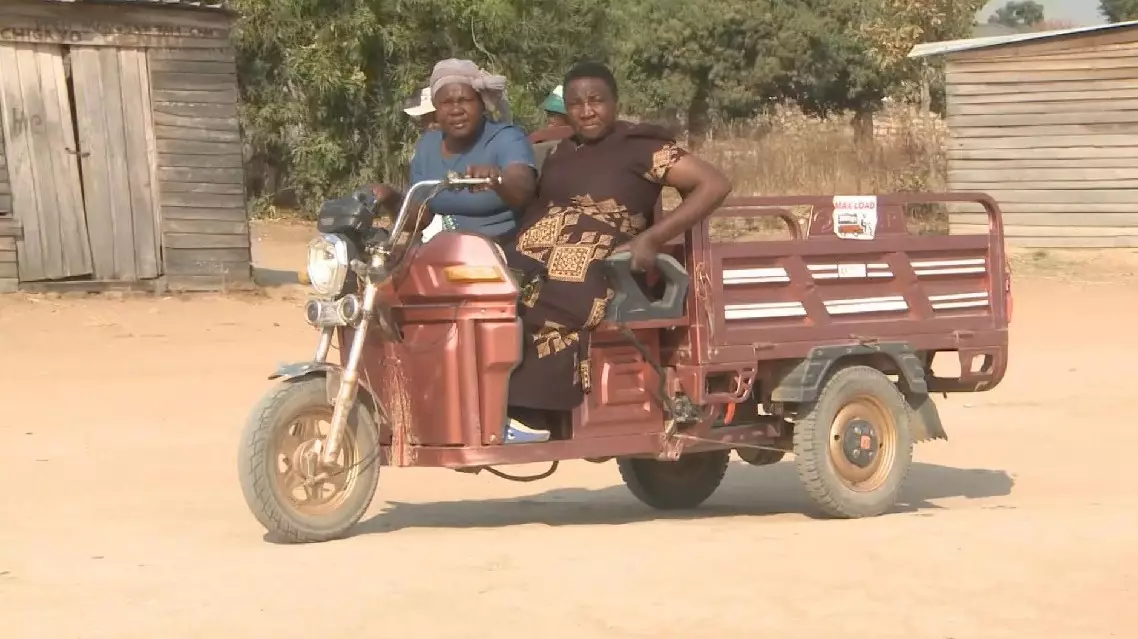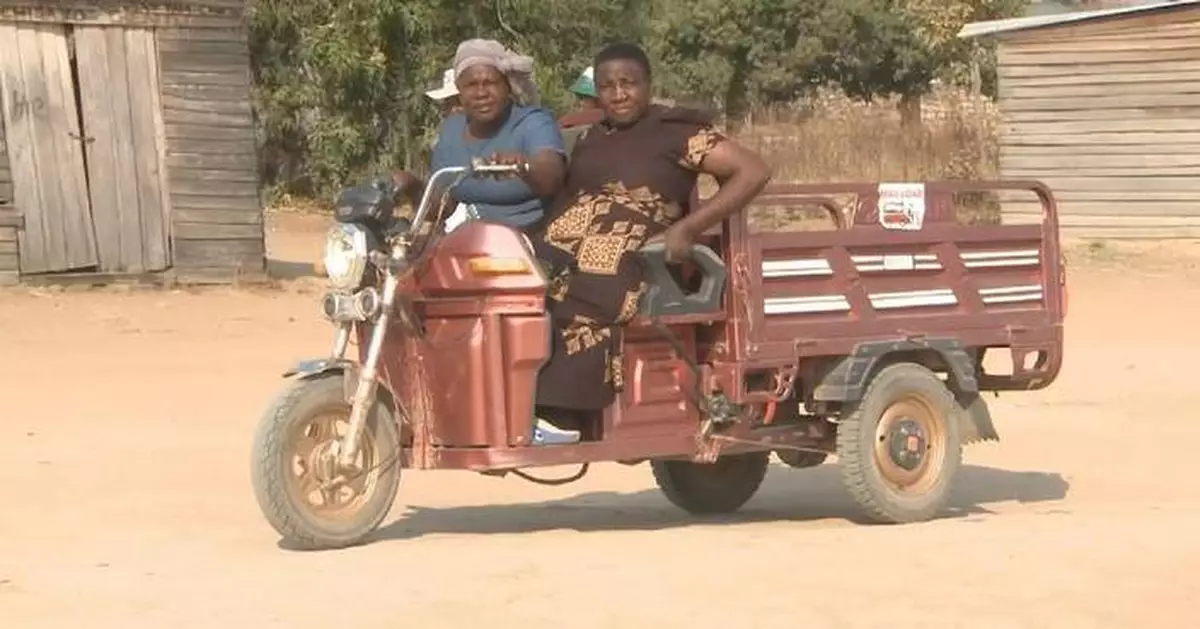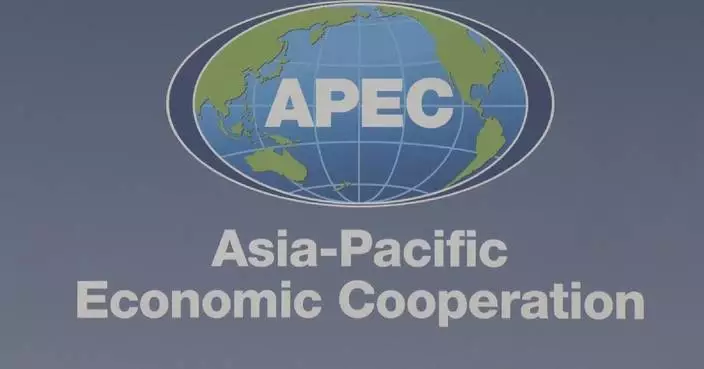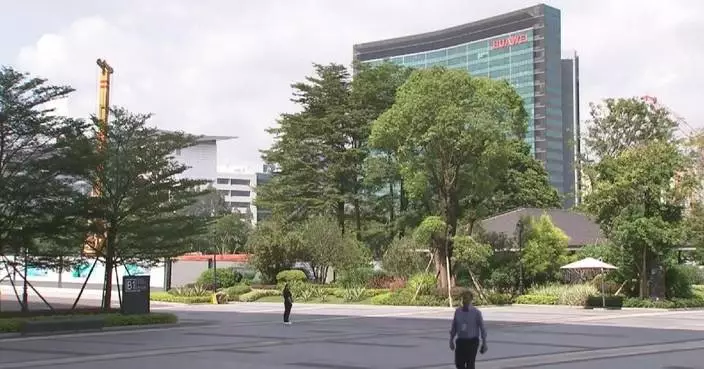Solar-powered tricycles are transforming rural transport in Zimbabwe, offering a clean and affordable solution to chronic mobility challenges.
Miles of dirt roads separate rural families in Zimbabwe from essential services, forcing many to walk long hours for basic necessities. This groundbreaking tricycle program is breaking new ground by bridging this gap.
In 2022, Pamela Kufinya broke societal stereotypes when she learned how to ride an electric tricycle. She's established a thriving business in Domboshava, a few kilometres north of the capital city Harare, delivering everything from stock feed and building materials. Occasionally, she also carried patients to the local clinic.
She said her tricycles are giving conventional modes of transport a run for their money.
"It costs more to hire a truck than it is to hire a tricycle, so people are opting for us. Before this, I used to grind quarry stones by hand for a living. Riding is less strenuous and is sustaining my family better," said Kufinya.
The three-wheelers called "Hambas", which means to move in the local language, are getting around one of the main barriers in rural development, and in a climate conscious manner.
"The Hamba is just the right answer to the rural mobility challenge. It is flexible, you don't need a very well-maintained road for it to access, which is the limitation that we have in the country. The Hamba by its size and its design is able to go through those small pathways, right into your avocado field, right into your banana plantation, right into your cabbage garden and collect and take the product to the market," said Simba Hlatshwayo, the Chief Finance Officer of the tricycle company.
Batteries of the tricycle were co-designed by the technicians of the company and an energy enterprise from China.
Emboldened by its reception and the environmental and economic benefits, the manufacturers are scaling up production. There are currently about 300 of these bikes traversing rural Zimbabwe. The plan is to increase that number to about 500 by the end of the year.
"As they improve productivity, because they have solved the mobility challenges, they have more disposable income," said the CFO.
In this case, more villagers will no longer have to walk long distances, and they can improve their livelihoods at the same time.

Solar-powered tricycles revolutionize rural transport in Zimbabwe




















































